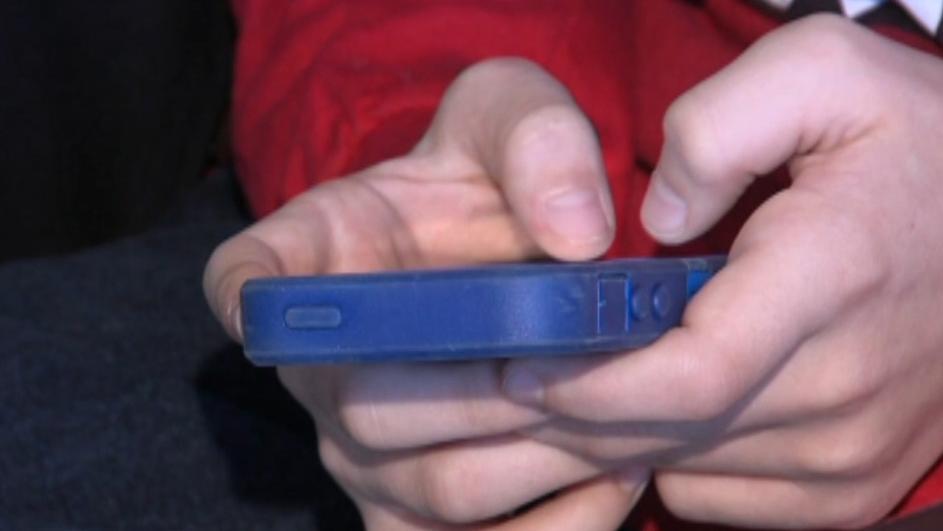One out of two teenagers feels "addicted" to their phone, according to a recent study.
Statistics like this may have fueled two major Apple investors to push the company to offer more flexible parental controls — in fact, Apple has already announced that it's working on new ways to protect kids from smartphone addiction.
But will it be too little too late?
“It’s good that this conversation is happening now because you cannot ignore the data,” clinical psychologist Dr. Sanam Hafeez told Fox News. “The smartphone manufacturers should have a warning or some educational or timeout mechanism that helps teens and adults use phones in a healthier way.”
The data points to several adverse health effects. Research published in Clinical Psychological Science found that teens who spend five or more hours per day on their devices are 71 percent more likely to have one risk factor for suicide, like depression or suicidal ideation.
FLU OUTBREAK SHUTS DOWN IDAHO SCHOOL, 4 OUT OF 10 KIDS STRICKEN
A 2017 study published in the journal Child Development compared teens from the 70s, 80s and 90s, and found today’s teens are taking longer to engage in both the pleasures and the responsibilities of adulthood.
For example, from 2010-2016, only 32 percent of 8th graders had worked for pay, down from 63 percent from those surveyed in the early 1990s.
“The author of this study … found that [the slowing of teen development] was primarily because of this cellphone and tablet engagement,” Hafeez said. “Being on social media; Instagram, Facebook, Snapchat etc., children don’t feel the need to leave their home.”
With some research estimating that 78 percent of teens check their phones at least hourly, it may be difficult to decipher whether or not your child is truly “addicted to their phone,” but Haffez said when it interferes with school or their mood and temperament, you know they have a problem.
“When they’re disconnected from you or others in favor of the phone, this impacts development. It's isolation and disconnection. This impacts interpersonal relationships and social skills. If you notice you're speaking to your child and they aren't looking up or connecting, this is a sign,” she said.
But adults may be just as addicted to their phones and often don’t showcase the technology behaviors they want their children to follow.
WHO CONSIDERS ADDING 'GAMING DISORDER' TO LIST OF MENTAL DISEASES
According to a global survey by online security company AVG Technologies, 54 percent of kids think their parents check their devices too often and 32 percent of them “feel unimportant” when their parents are distracted by their phones.
“Parents sort of have this attitude where ‘do as I say, not as I do,’” Hafeez said. “If they are on the phone kids will emulate that. So parents need to have boundaries and rules about phone use.”
Hafeez recommends the following tips for parents who want to limit their children’s screen time.
- Create incentives that reward LESS phone time. Reward it with 15 minutes of phone time. You want to work toward the phone time, not around it. The phone dominates the time and becomes a huge distraction.
- Something as simple as physically putting the phone out of sight can help greatly, especially when kids need to focus.
- Put a do not disturb on the notifications. Kids should really have the opportunity to ration their time.
- Establish some kind of screen-free time with your children, there needs to be a culture of, "If we’re at the dinner table having dinner, no phones; if we’re watching a movie together, no phones." This way you’re not just creating a family-friendly atmosphere at home but you are also teaching your children how to impose the same limitations on themselves when they’re out of your home.


